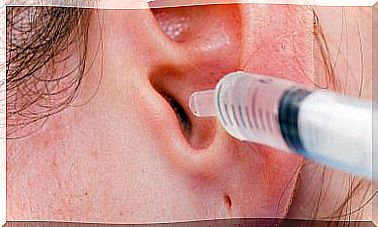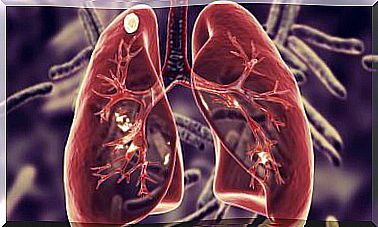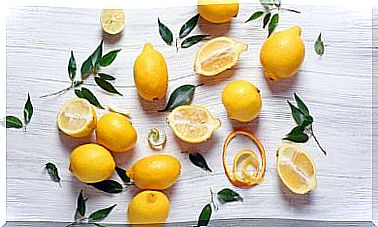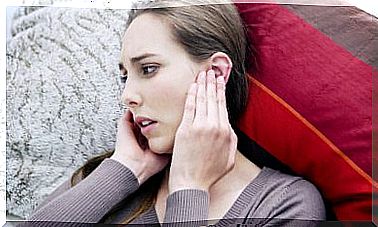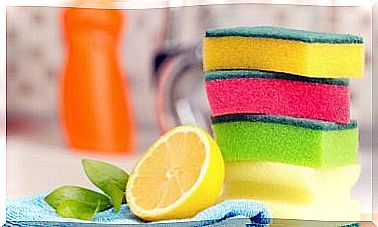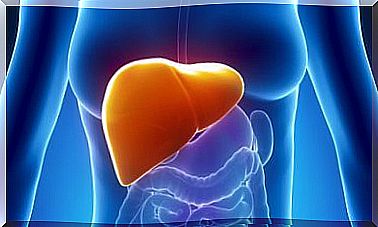How To Act When We Have Fluid Retention?
Fluid retention can be due, among other causes, to sedentary lifestyle, so to avoid it it is extremely important to do physical exercise in addition to a series of tips that we explain below.
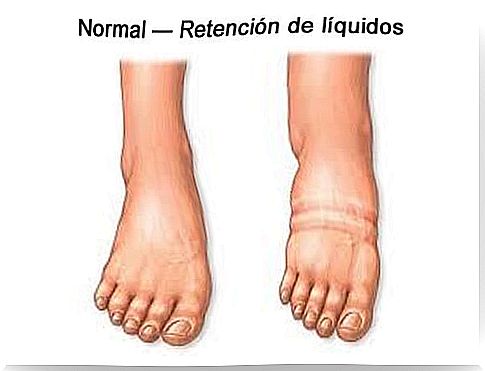
Fluid retention is one of the main factors for weight gain. It can be due to different reasons such as pregnancy, menopause, cirrhosis, heart failure or sedentary life , among others.
Generally speaking, it consists of a swelling that occurs in different parts of the body such as the ankles, arms, legs, abdomen and wrists.
During pregnancy it is quite common, due to hormonal changes and it manifests itself mainly in the ankles and feet. If it is presented in an exaggerated way, it is advisable to consult it with the doctor.
Tips to prevent and relieve fluid retention
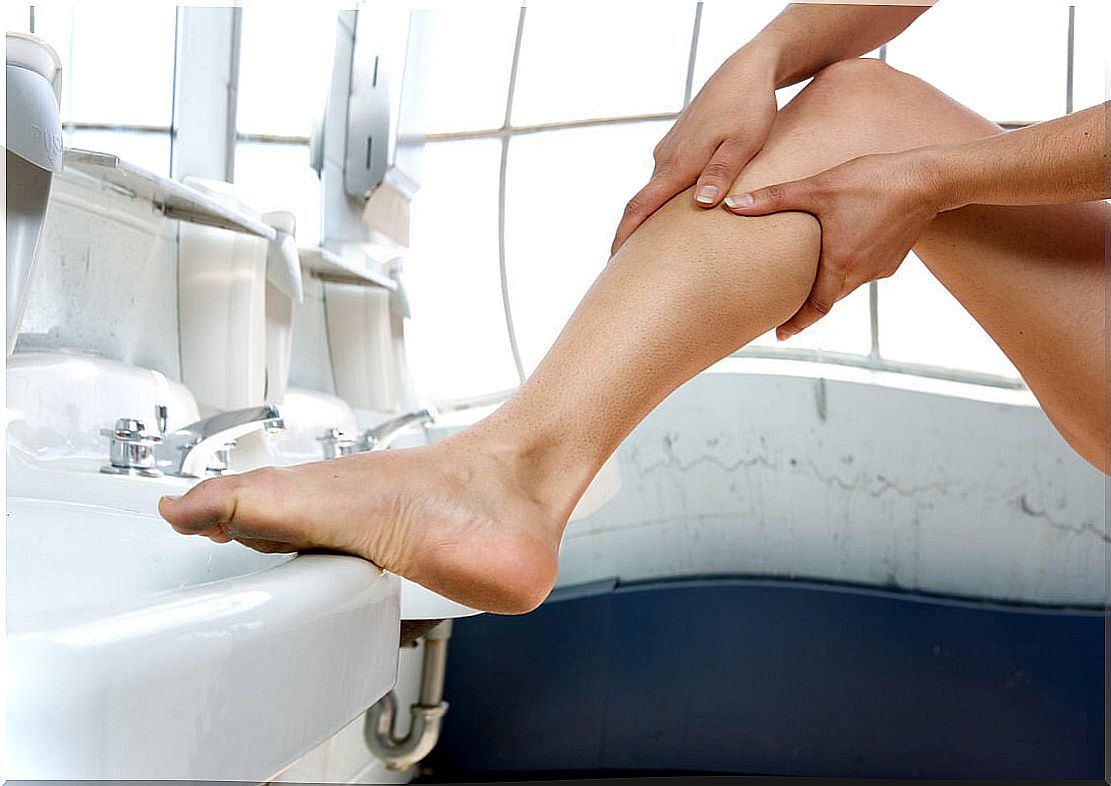
Throughout the article we will explain the advice indicated by the Spanish Heart Foundation in order to prevent or alleviate the symptoms of fluid retention:
- Consume diuretic foods
- Practice physical exercise
- Reduce the consumption of foods with sodium
- Eat foods rich in potassium
- Eating foods with magnesium
Consume diuretic foods
The diuretic properties of some foods may help eliminate excess fluids from the body. Among the foods to which diuretic effects are attributed we find:
- Watermelon: it is mainly recommended for its large percentage of water.
- Apple cider vinegar: it would help balance the potassium level, since it is often affected by fluid retention.
- Green tea: different studies indicate that it would have diuretic and antioxidant properties.
- Orange: thanks to the vitamin C it contains, it would promote the functioning of the kidneys and accelerate the process of eliminating toxins in the body.
- Artichoke: alternative medicine uses it in infusions to help lose weight thanks to its supposed diuretic properties.
In addition to these foods, we can also mention blueberries, dandelions and parsley. It is worth mentioning that the first, blueberries, would help prevent urinary diseases.
Practice physical exercise

The practice of physical exercise is one of the best tips and habits that are recommended to have to avoid fluid retention and improve the condition of the body in general, as indicated by different investigations. Consistent and moderate physical activity should be performed.
Some of the activities can be walking, running, cycling or swimming, among many more. Do what you like the most but do it constantly, at least half an hour three days a week.
In addition, it is important to remember that fluid retention can occur due to a sedentary life, so physical exercise is a good solution.
Avoid foods with sodium
As we mentioned earlier, salt could contribute to fluid retention. For this reason, it is necessary to avoid it as much as possible or, at least, minimize its consumption.
It should be borne in mind that many of the foods eaten daily such as cold cuts, canned food or alcohol contain a high level of sodium.
Another reason why you should consume low levels of salt is that it could increase the chances of suffering from kidney stones and decrease in taste buds among other alterations.
Eat foods rich in potassium
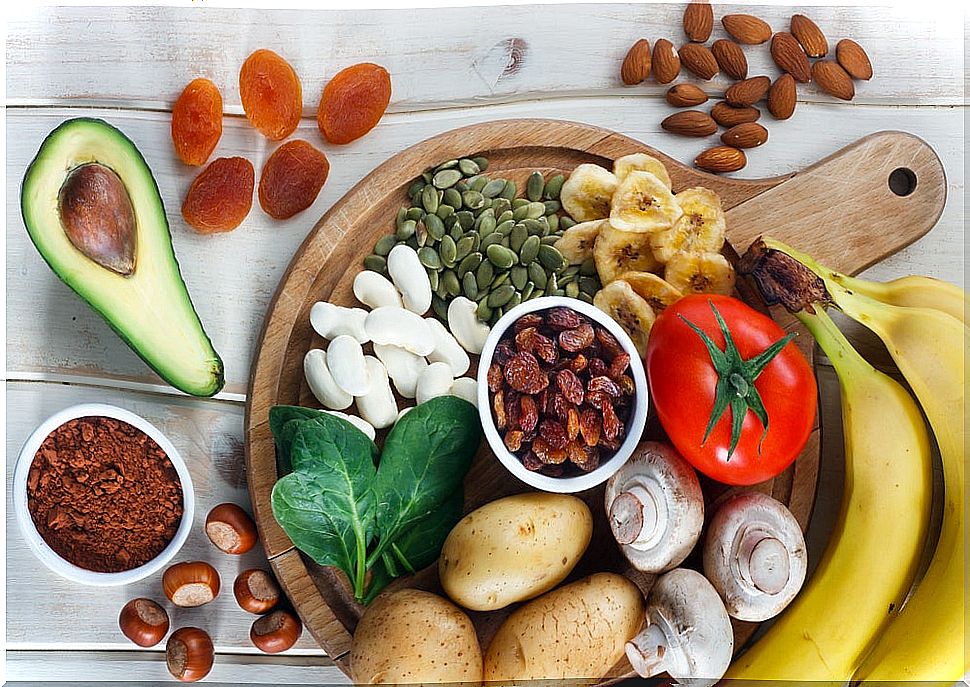
This element is essential to keep our body in balance. According to data from the National Institutes of Health , potassium is an electrolyte, which along with others, controls blood pressure and promotes the elimination of fluids among other functions. This component is found in some fruits, especially kiwi, melon, orange and banana.
Eating foods with magnesium
A 2012 article published in the Journal of Caring Sciences notes that magnesium may help improve premenstrual symptoms, including excess fluids. In addition, it would favor the prevention of heart problems and the regulation of insulin in the body.
Magnesium would be good for bone care, relieving migraines, and reducing the risk of certain diseases, such as type II diabetes.
Among the foods that contain a high content of potassium we can mention wheat or oat bran, dried herbs such as coriander, flax and sunflower seeds and milk.
Last tip
In addition to all the information provided throughout the article, it is important to mention that rest would also be good to prevent fluid retention. It’s good to elevate your legs when your feet are swollen or just to rest.
If despite following these tips the problems do not disappear, it is better that you consult a doctor to prevent complications.
